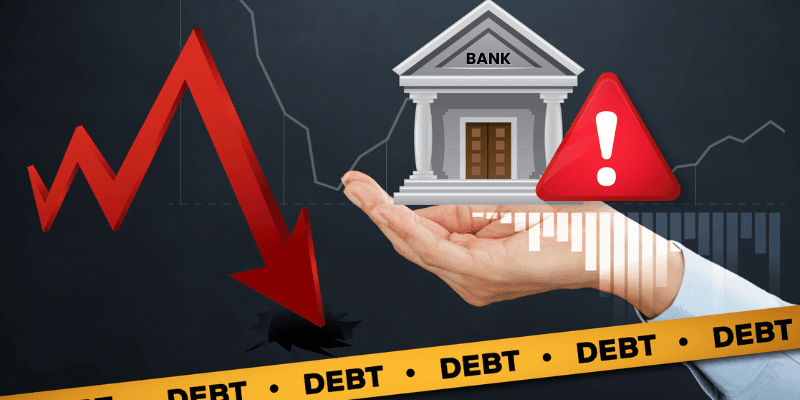HMRC’s Direct Recovery of Debts: A simple guide for UK taxpayers and small businesses
Most people in the UK pay their taxes on time. But sometimes, HMRC needs to take extra steps to collect unpaid tax from those who can afford to pay but choose not to. One of the tools they use is called Direct Recovery of Debts (DRD).
This guide explains what DRD is, how it works, and what you can do if you’re affected.
What Is Direct Recovery of Debts?
Direct recovery of debts from UK bank accounts is a legal power that allows HMRC to recover unpaid tax directly from a person’s or business’s bank or building society account. It’s only used in specific cases:
• The debt must be over £1,000.
• The taxpayer must have ignored several reminders.
• There must be sufficient money in the account to cover the debt.
• HMRC must leave at least £5,000 across all accounts to avoid causing hardship.
This measure is designed to make the tax system fairer for everyone—especially those who pay on time.
What types of debt can be recovered through DRD?
Examples of debts that HMRC may recover through Direct Recovery of Debts include, but are not limited to:
• Tax debts owed by individuals, such as Income Tax or VAT;
• Overpaid tax credits that must be repaid to the government, including Child Tax Credit and Working Tax Credit;
• Tax liabilities owed by businesses and partnerships, such as unpaid Corporation Tax or Pay As You Earn (PAYE) income tax.
When might HMRC use DRD?
HMRC only considers DRD after trying other ways to collect the debt. Before any money is taken:
• You’ll receive letters and reminders.
• HMRC will arrange a face-to-face visit to confirm your identity and discuss the debt.
• You’ll be offered a Time to Pay plan, if appropriate.
• If you’re in a vulnerable situation, HMRC will offer extra support and won’t use DRD.
Only if all these steps fail—and you still have the means to pay—will HMRC consider using DRD.
What safeguards are in place?
HMRC has built in strong protections to make sure DRD is fair:
• You’ll get a 30-day window to object before any money is transferred.
• You can appeal to a county court if you believe the action is unfair.
• HMRC will never take money needed for essentials, like wages or mortgage payments.
• Vulnerable customers are excluded from DRD and offered tailored support.
These safeguards ensure that HMRC tax debt recovery from bank accounts is used responsibly and only when absolutely necessary.
What should you do?
If you’ve received a letter from HMRC or are struggling to pay your tax:
• Don’t ignore it—get in touch with HMRC as soon as possible.
• Ask about a Time to Pay arrangement.
• Speak to a qualified accountant or tax adviser for help.
Final thoughts:
DRD is not about punishing people—it’s about encouraging fairness. HMRC uses it sparingly and only when someone has the money but refuses to pay. If you’re facing financial difficulty, help is available.
If you’d like support with your tax affairs or want to make sure you’re on the right track, we’re here to help. Contact us today for friendly accountancy service for limited companies and self-employed professionals in the UK. We can help you understand your options and deal with HMRC in a calm, professional way.

